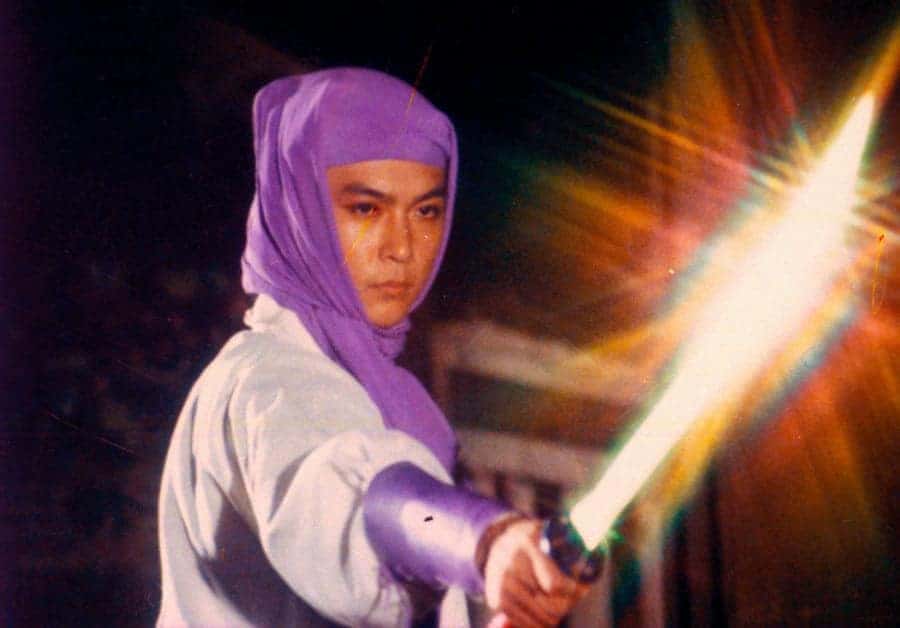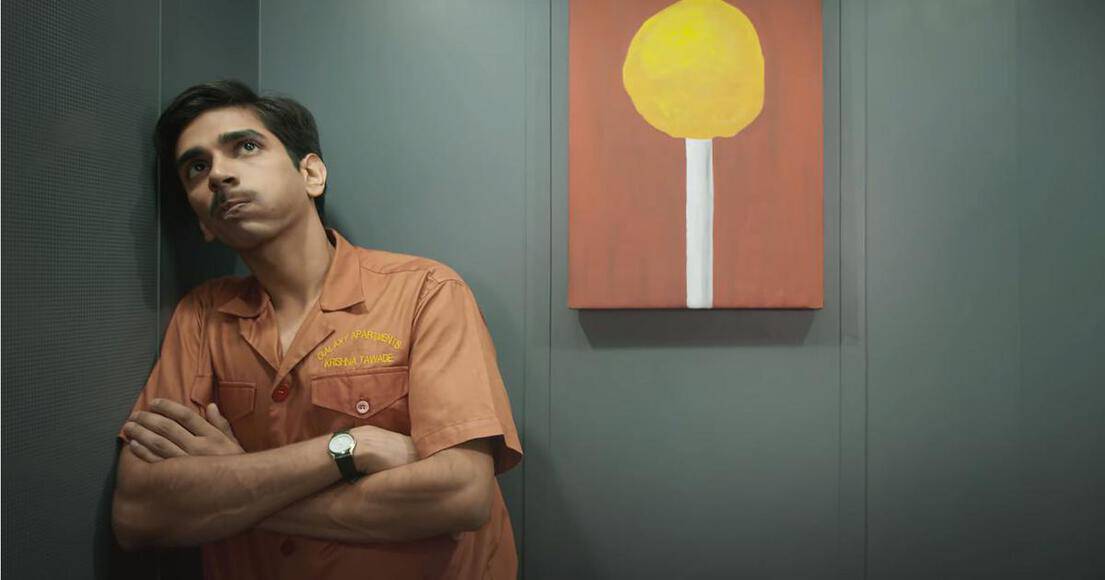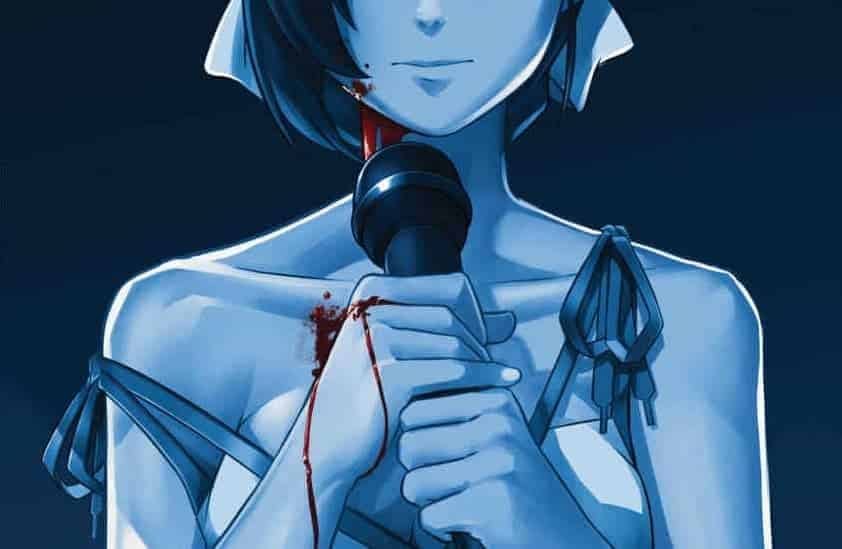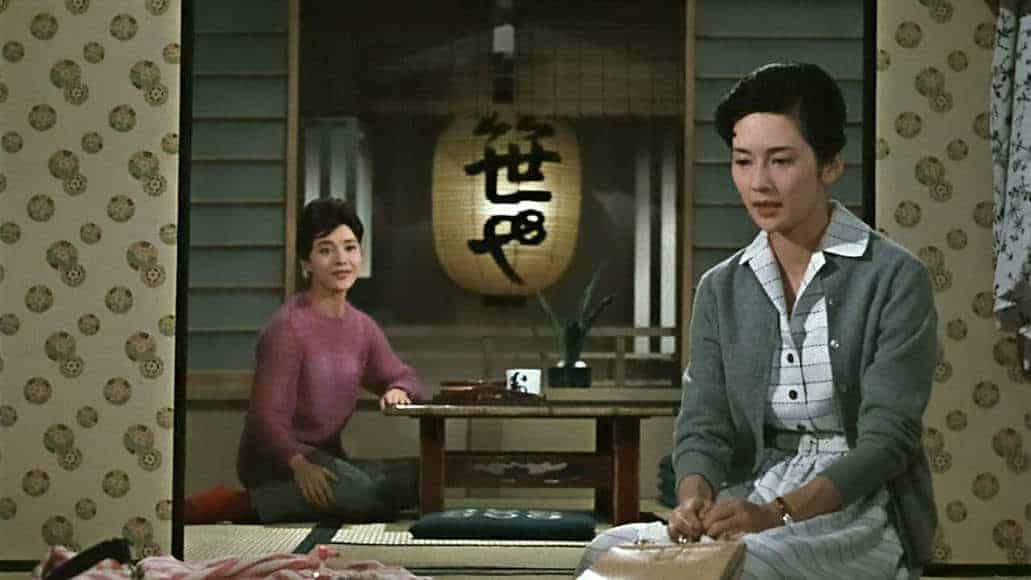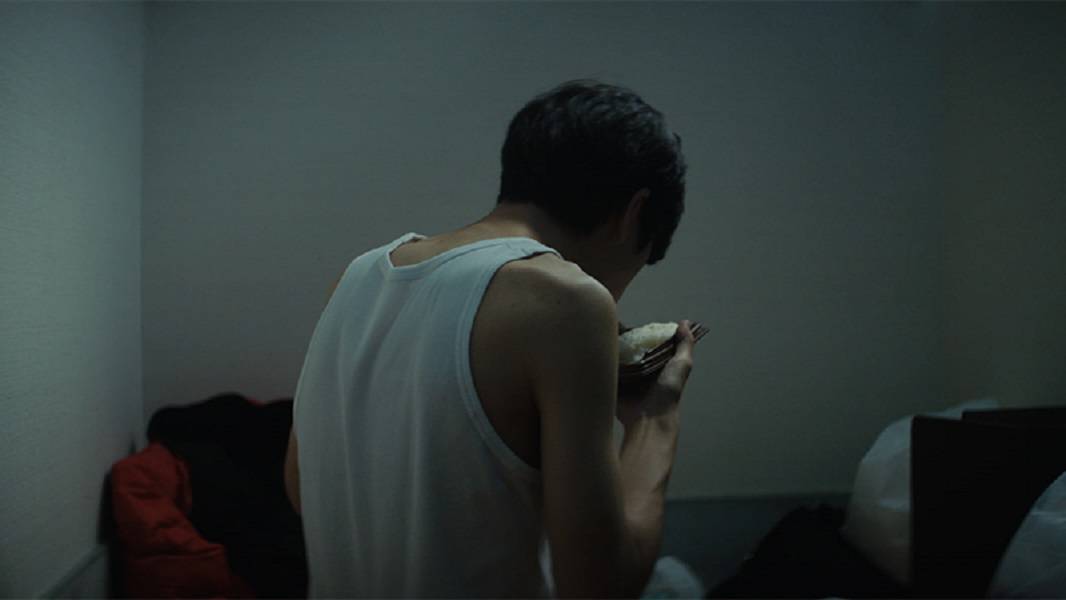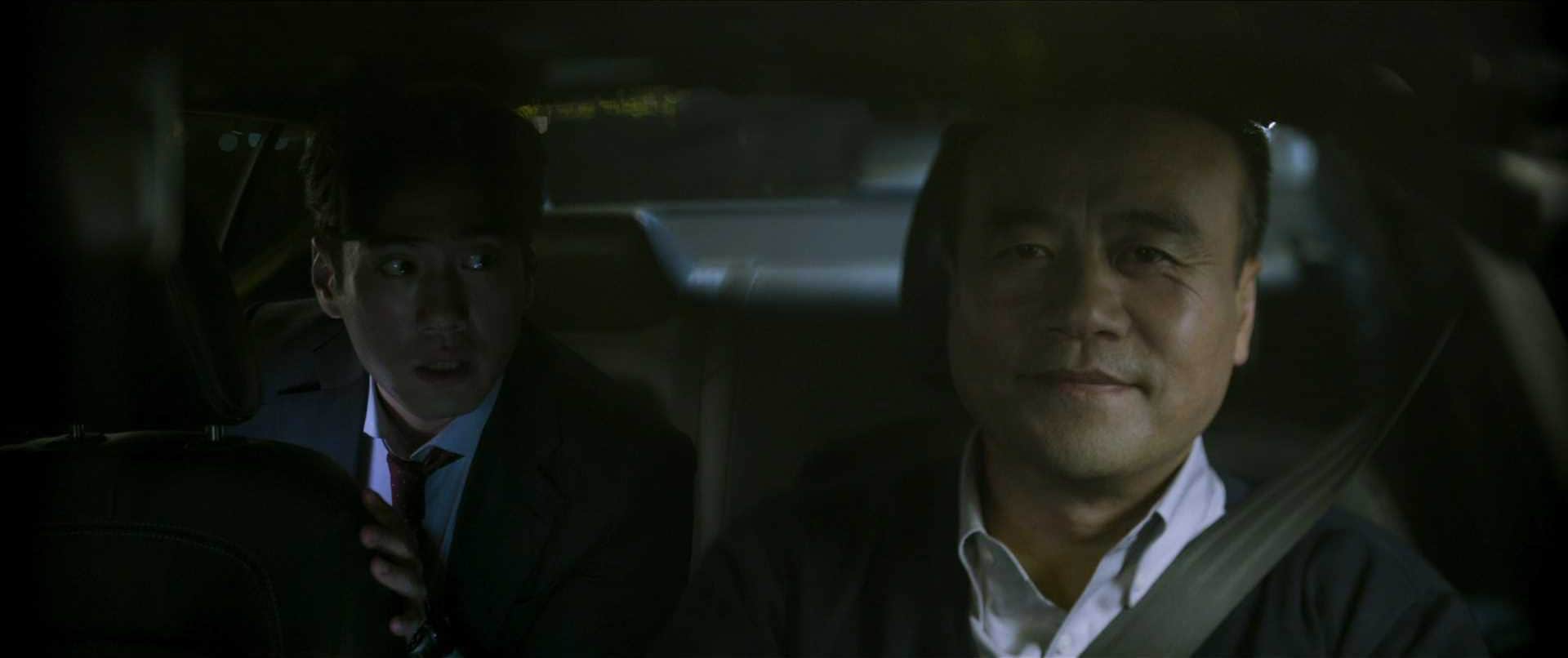The second North Korean film I watched, was on a whole new other level, since, this time, the budget was quite large.
A definite wuxia script
Based on the homonymous folk hero, a kind of Korean Robin Hood, the film incorporates all the characteristics of the wuxia classic, as established by Shaw Brothers. In that fashion, the main hero is the son of a concubine and a lord. His mere presence poses an issue in the court, since his mother is of low birth, a fact that has infuriated the lord's official wife. However, the lord's two sons grow up like brothers, receiving the same education. On the other hand, the first wife can't seem to swallow Hong Kil Dong's presence, and constantly schemes against him and his mother, and eventually manages to make them leave the palace.
After a series of events that almost have them killed, the two outcasts end up in the care of an old kung fu master (white hair, very long beard, the whole package) who teaches him the secrets of martial arts. After he has become a young man, Hong Kil Dong becomes the leader of a band of ex criminals, who take from the rich and give to the poor. His actions eventually bring him back to the court, but the intrigues are still there, and furthermore, he has to face a group of ninjas.
An intricate story
Kim Kil-in directs a very impressive movie, which, in the beginning, incorporates all the elements of the classic wuxia film. The bastard son, the old kung fu master, the training of the disciple are all here. However, as the story progresses, it becomes evident that the focus lies elsewhere, not on martial arts. As with the films of King Hu (“A touch of Zen“, “Dragon Gate Inn”), “Hong Kil Dong” entails elements of romance, intrigues, and particularly of social injustice. Regarding the last part, Kim Kil-in highlights the fact that the protagonist cannot escape his low-birth, no matter how impressive his heroics are and despite his efforts.
Lyricism and nonsensicality
The messages the film communicates, along with the romance and the drama, give a somewhat lyrical hypostasis to the film, as they raise it above the plethora of countless similar productions. However, as is usually the case in wuxia, some nonsensicality could not be missing. This element is chiefly presented in the form of the ninjas who are also pirates, and there is a very small scene involving the killing of a deer that is bound to produce laughter.
A big budget wonderfully implemented
However, the above does not mean that the action scenes are placed in the background. To the contrary, there are many and very impressive scenes, exemplifying the martial arts choreography (by Hong Kong specialists), the wire-work and the special effects. In wuxia fashion, there is much flying in the battles, and all the trademark sounds of the genre (swoosh, hyperbolic hitting sounds, etc). The ones that stand out are definitely the two at the end, one between two confronting teams on the beach and one where Hong Kil Dong fights in the woods, in another similarity with King Hu's films.
The trait also extends to the technical department. Hong Sok Jon's cinematography is extraordinary, presenting a number of wonderful images, in different settings: In the woods and the mountains, on the beach and in the interiors of the court and various houses. The depiction of the era is accurate, with great work in the costumes and the different decors
An idol is born
Ri Yong-ho gives a great performance as the titular character, being equally competent in both the action and the dramatic scenes. The fact that this was his debut, makes his effort even greater. Due to his acting, but mainly because of his looks, Ri Yong-ho became a sex symbol of North Korean cinema and an idol throughout the whole Soviet Block.
“Hong Kil-Dong is one of the most important productions in the history of North Korean cinema and a truly great wuxia film.
“Hong Kil-Dong” will screen on Five Flavours Film Festival that will be held in Warsaw (November 16 – 23) and Wroclaw (November 18-24).


